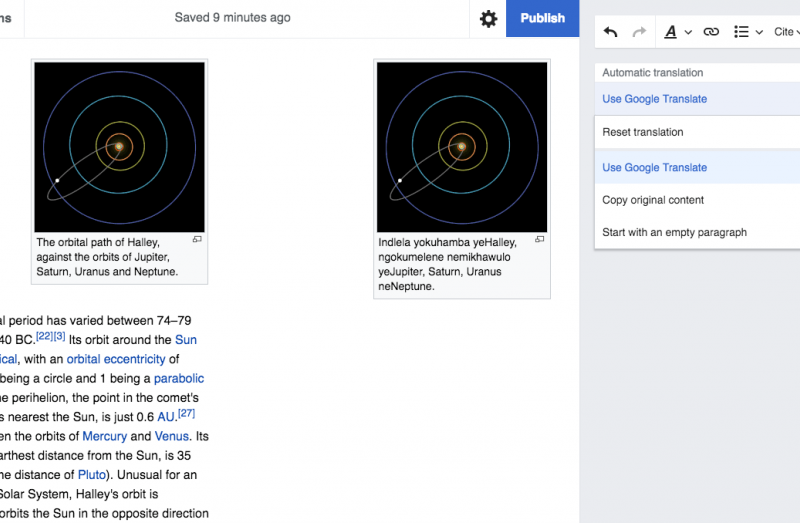
You can now use Google Translate to translate articles on Wikipedia
Studies estimate that there are more than 7,000 languages spoken around the world. Wikipedia exists in about 300 of them. That’s about 4 percent of some of the world’s languages documenting some of the world’s knowledge. Consider the Arabic language. With more than 420 million speakers, it’s one of the most widely spoken languages in….

Here’s why we’re celebrating the public domain in 2019
As 2018 turned to 2019, people around the world celebrated the start of a brand new year with parties, family, and friends. The transition into 2019 also marked a new era for access to knowledge and culture in the United States, as new works finally entered the public domain through copyright expiration for the first….
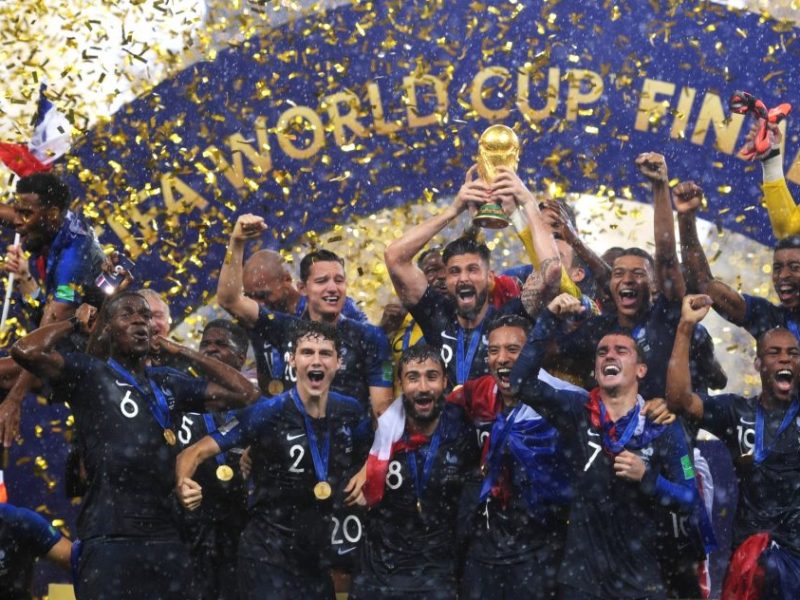
Wikipedia’s most-popular articles of 2018 show that pop culture rules over us all
People visited Wikipedia over 190 billion times in 2018 alone, many motivated by the encyclopedia’s wealth of in-depth articles about topics you didn’t know enough about. But in looking at the English Wikipedia’s most-popular articles of 2018, it’s clear that one motivation reigned supreme. People wanted to keep up with the popular culture moments happening….
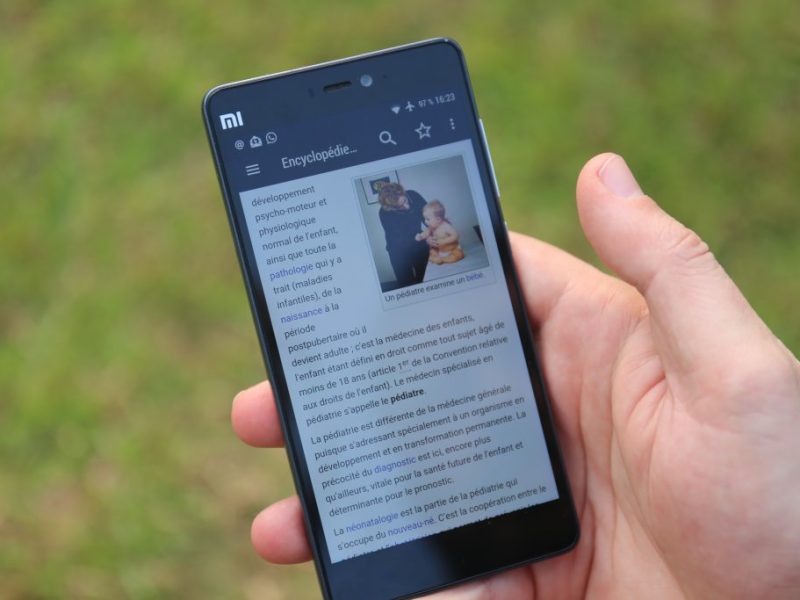
Kiwix is connecting the unconnected
In Eritrea or Cuba, people routinely buy Wikipedia for one dollar.[1] Wait, what? Isn’t Wikipedia free? Of course it is—Wikipedia, in fact, is entirely free and very easy to reach if you are not one of four billion people who still do not have internet connectivity. If you are, however, having problems to access your….
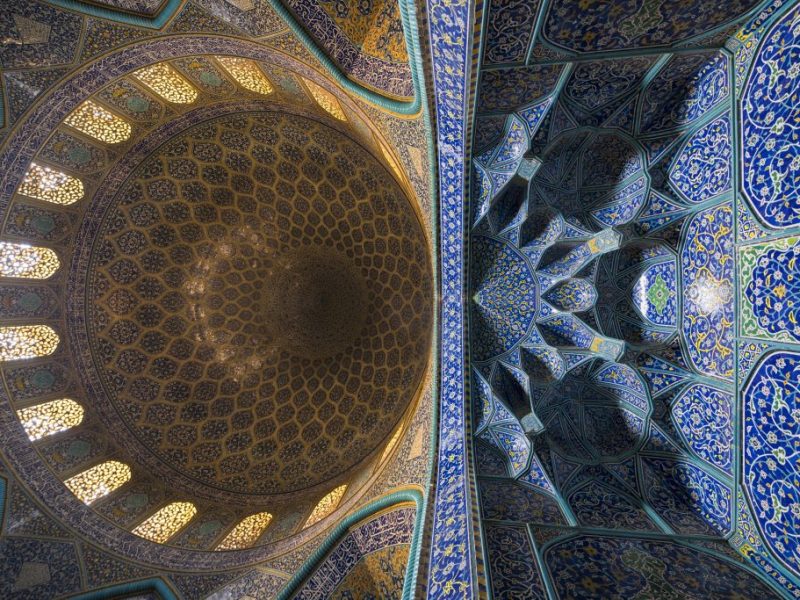
Presenting the 2018 winners from the world’s largest photo contest
Alireza Akhlaghi had plenty of time inside the famed Sheikh Lotfollah Mosque in Iran to capture the photo that leads this blog post. Why? He walked in at exactly noon, just as the building was about to close down for two hours. He was able to convince the mosque’s guards to let him inside anyway, even though….
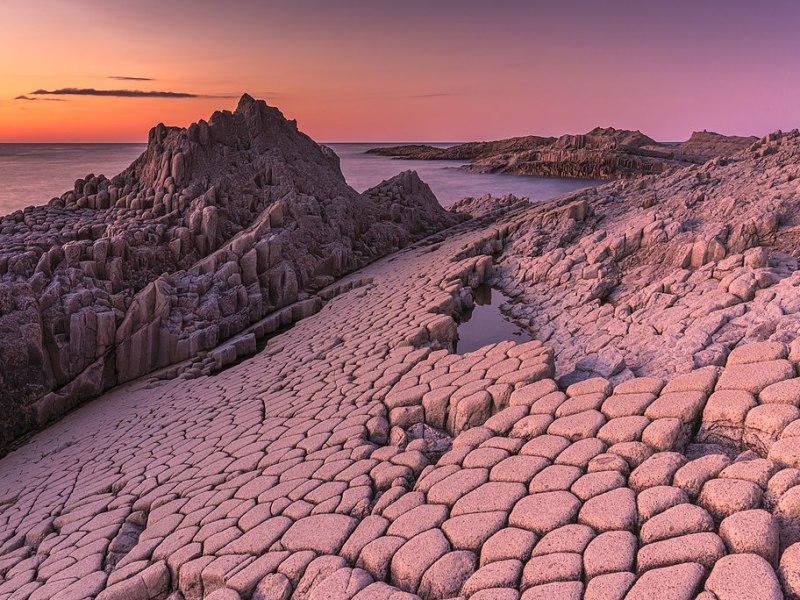
Lose yourself in our planet’s beauty with the winners of Wiki Loves Earth
A lonely monastery. The sun rising over the desert. A walk through a national park. These are just a few of the spectacular sights captured in the winners of the international Wiki Loves Earth photography competition, announced today. Coming in first place, seen at top, is a shot of the famed columnar basalt of Cape Stolbchaty, located in Russia’s….
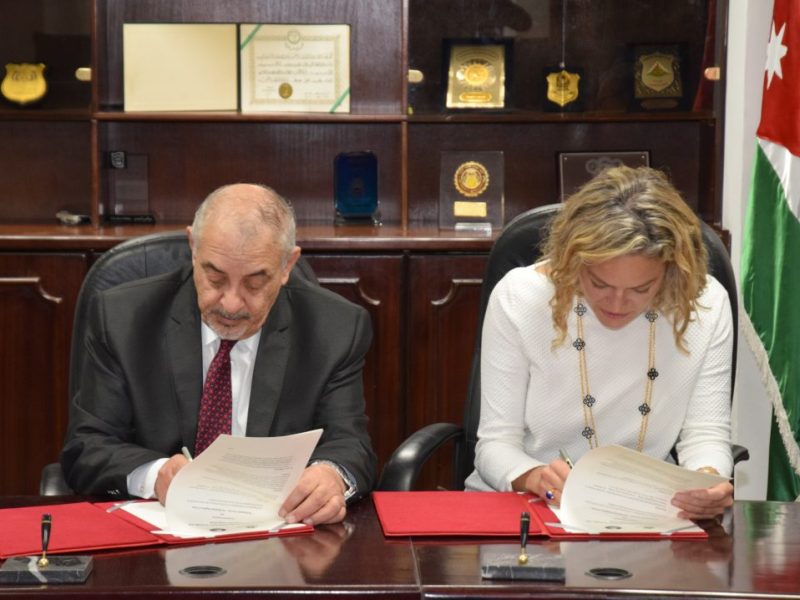
Hashemite University, Wikimedia Foundation, Wikimedia volunteers partner to expand access to free knowledge resources in Jordan
Last month, the Wikimedia Foundation, Wikimedia community members in Jordan, and Hashemite University—one of the most esteemed higher education institutions in Jordan—signed a Memorandum of Understanding (MOU) to advance cultural cooperation and access to free knowledge resources in the Arabic language. It is the first MOU of its type signed with any university in the….
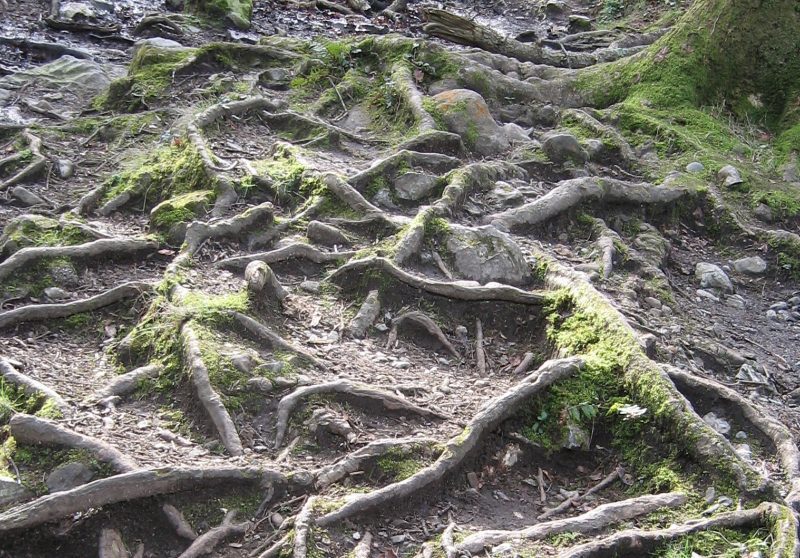
The anatomy of search: The root of the problem
A galloping overview As we have done before, let’s get a bird’s-eye view of the parts of the search process: text comes in and gets processed and stored in a database (called an index); a user submits a query; documents that match the query are retrieved from the index, ranked based on how well they….
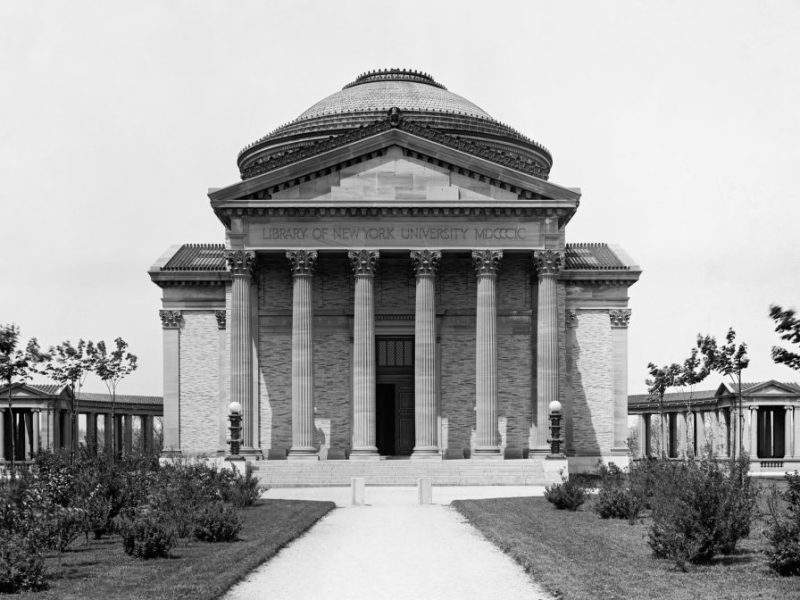
Five ways academics can contribute to Wikipedia
In recent weeks, the world learned about Dr. Donna Strickland, only the third woman to be awarded the Nobel Prize in Physics. It also learned that Wikipedia lacked an article on Strickland amongst its over five million articles. Wikipedia subsequently received justifiable criticism for its low percentage of female editors, its editing culture, and its….
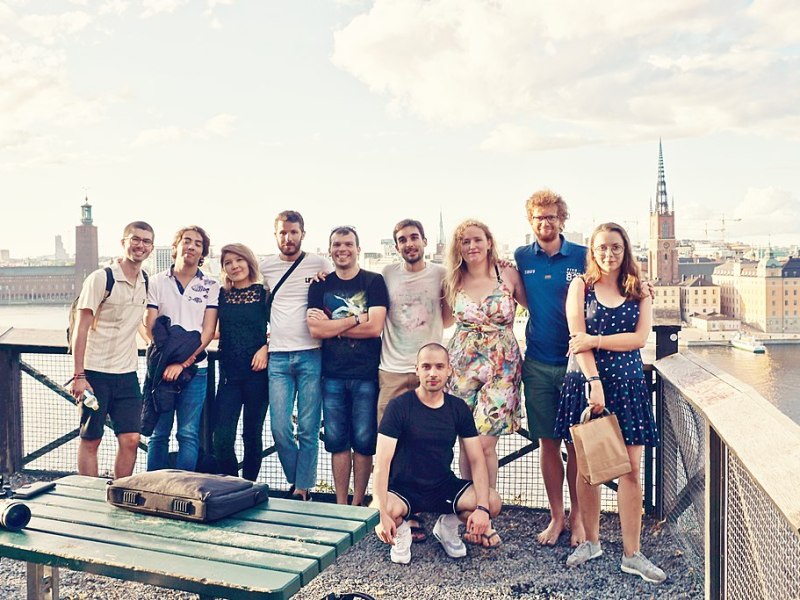
Wikimedia LGBT group meets at EuroPride Stockholm to celebrate diversity
Have you ever heard of compulsory heterosexuality? This concept described how heterosexuality is assumed, enforced and viewed as an obligation regardless of one’s own sexual preferences, and it was the subject of one of the articles that members of the LGBT user group wrote about in different languages in Stockholm, Sweden, last August. The event….